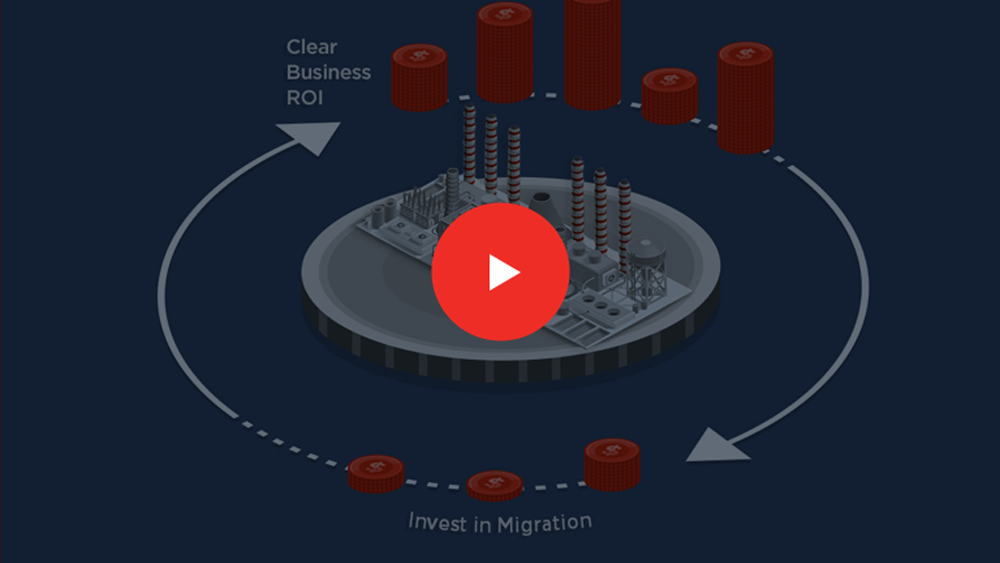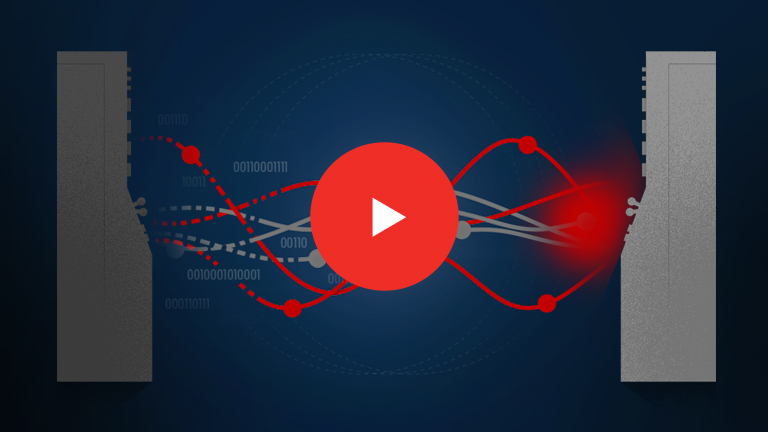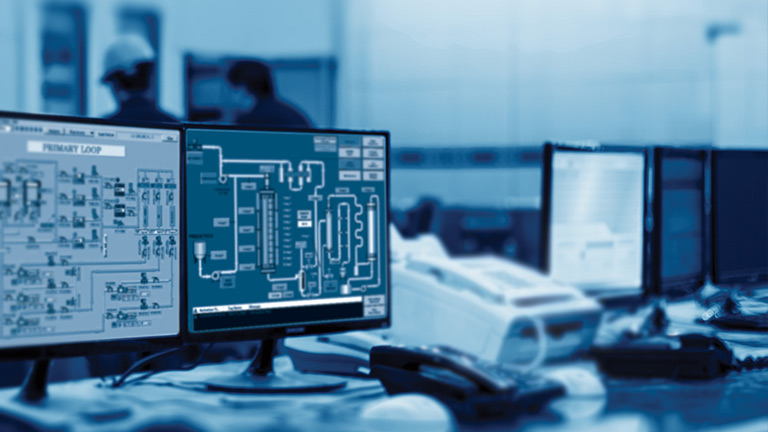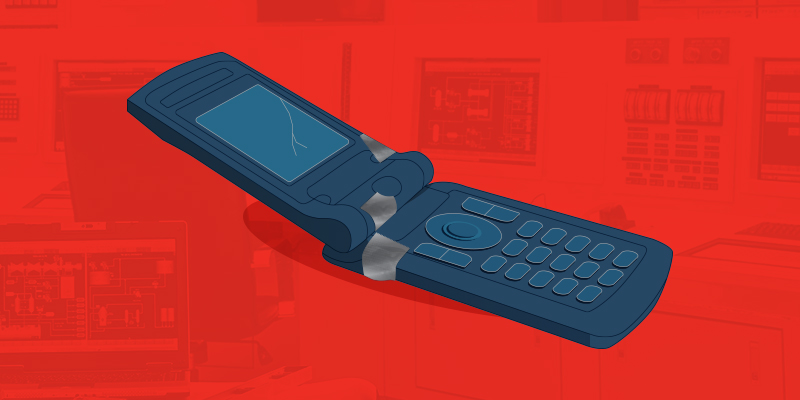DCS Migration Best Practices for Chemical Producers
This webinar will dive into what drives chemical producers to modernize their automation systems, justifications for funding, and the necessary details in the scope development of a DCS migration project. Hosted by Brian Batts, Director, Consulting and Solutions at MAVERICK Technologies.
DCS Migration Best Practices for Chemical Producers Read More »






